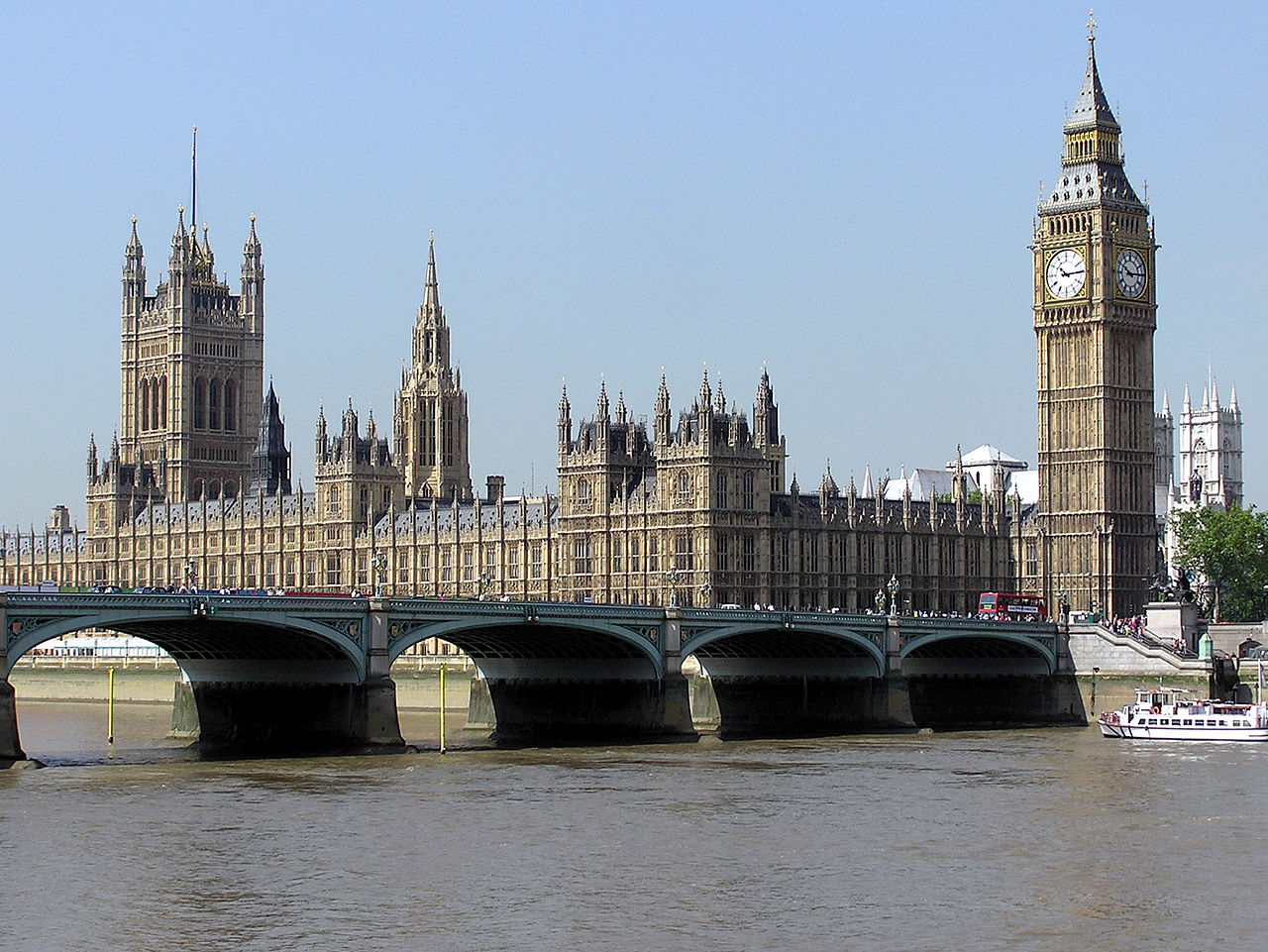In this mailing:
- Khaled Abu Toameh: Why Egypt Does Not Want to Help Gaza
- Malcolm Lowe: Brexit and the Deficiencies of Parliament
by Khaled Abu Toameh • September 11, 2019 at 5:00 am
Israel's goodwill gestures, however, have so far failed to deter Hamas and other Palestinian groups from repeatedly violating the ceasefire understandings.
Israel is prepared to do whatever is required to help the Palestinians in return for a cessation of terrorist attacks against Israel. Meanwhile, the Egyptians themselves offer nothing but broken promises regarding the crisis in the Gaza Strip. Egyptian policy, it appears, is based on the assumption that the Gaza Strip is – and must remain – solely the problem of Israel.
Why do Egyptians have to travel all the way to Israel to discuss supplying the Gaza Strip with food, medicine and fuel (through Israel) when Egypt can easily do so through its shared border with the Gaza Strip? The world seems to have forgotten that the Gaza Strip has a shared border not only with Israel, but with Egypt as well.
Egypt's shifting and sometimes contradictory policy toward the Gaza Strip seems to have one goal: to divert attention from Cairo's responsibility for the ongoing plight of its Palestinian neighbors.
Here is what Egypt and the Arab states should be telling Israel: "Thank you for all that you have done so far to help the people of the Gaza Strip. However, these are our Arab brothers. Therefore, it seems fair that we step in and assume this burden."

The world seems to have forgotten that the Gaza Strip has a shared border not only with Israel, but with Egypt as well. The Rafah border crossing (on the border between the Gaza Strip and Egypt) is the main exit point for most Palestinians. This border crossing, however, has been essentially closed since Hamas seized control of the Gaza Strip in 2007. It is only opened every few days or weeks to allow a trickle of Palestinians to come or go to the Gaza Strip. (Photo by Chris McGrath/Getty Images)
Egypt has resumed its mediation efforts to prevent an all-out military confrontation between Israel and Hamas in the Gaza Strip. Earlier this week, senior officials from Egypt's General Intelligence Service (Mukhabarat) who visited the Gaza Strip reportedly relayed to Hamas leaders a message from Israel: it promised to "ease restrictions" on the Palestinians in return for a cessation of anti-Israel terrorist attacks.
by Malcolm Lowe • September 11, 2019 at 4:00 am
What has characterized the last year of UK politics is that individual MPs in the various parties have begun to seek the same freedom of action as US Members of Congress. So far, however, they are both fearful of suffering the same fate as the 21 banned by Johnson and remain inexperienced in the exercise of such freedom.
Johnson now has two alternatives. One is to reinstate the 21. His defenders claim that this would encourage similar defections in the future. The other alternative is to stick to his unpopular decision and risk being dismissed himself by his party. Either way, the unwitting heritage of Johnson may include the end of the tyrannical powers of the UK PM.
The Bank of England in its latest report estimates that the consequences of no-deal on October 31 will be less dire than it thought a year ago, but dire they will be: GDP will shrink by 5.5%, inflation will rise from 2% to over 5%, unemployment will "surge to 7% rather than 7.5%, up from a current 45-year low of 3.8%." In short, a very healthy economy will turn into a problematic economy. The most worrying problem, however, is that the Bank is engaged in guesswork about an event without precedent. If things turn out much better or much worse than estimated, nobody should be surprised that the Bank got it wrong.

Pictured: Westminster Palace in London, seat of the Parliament of the United Kingdom. (Image source: Adrian Pingstone/Wikimedia Commons)
It is remarkable that the UK Parliament has spent almost a year of debates about the Brexit deal agreed by Theresa May's government and the European Union. Indeed, about one small detail of that deal. We shall briefly describe what that detail is before explaining that the inordinate resulting delay reflects deep and longstanding dysfunction in the whole parliamentary system of the UK.
The deal consisted of two documents, the Withdrawal Agreement (WA, 585 pages) and the Framework for the Future Relationship (FFR, 26 pages). Most of the WA consists of regulations obviously needed for winding up UK participation in EU institutions, settling mutual debts, safeguarding the interests of UK citizens resident in the EU and vice versa, and the like. Even Boris Johnson regards all that as basically good and necessary.
|
|
No comments:
Post a Comment